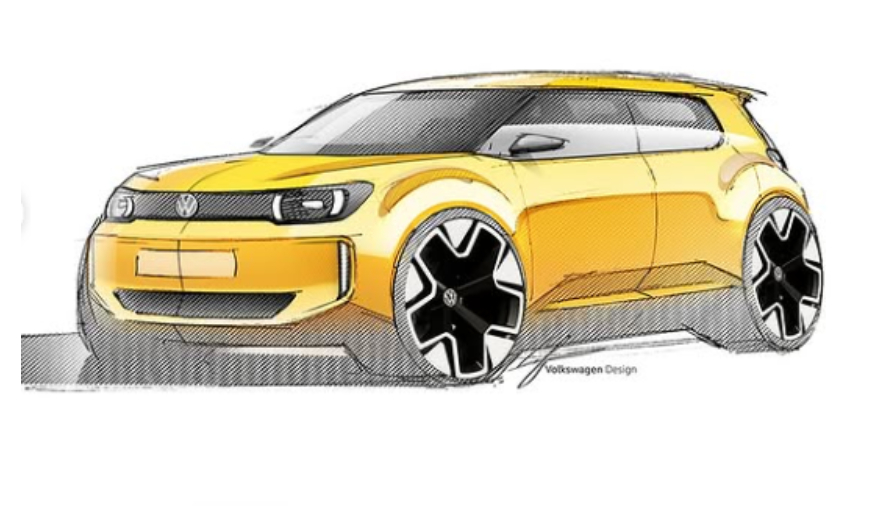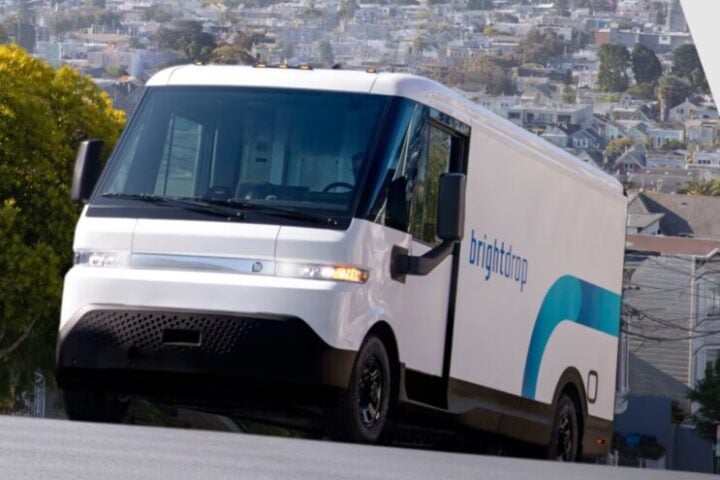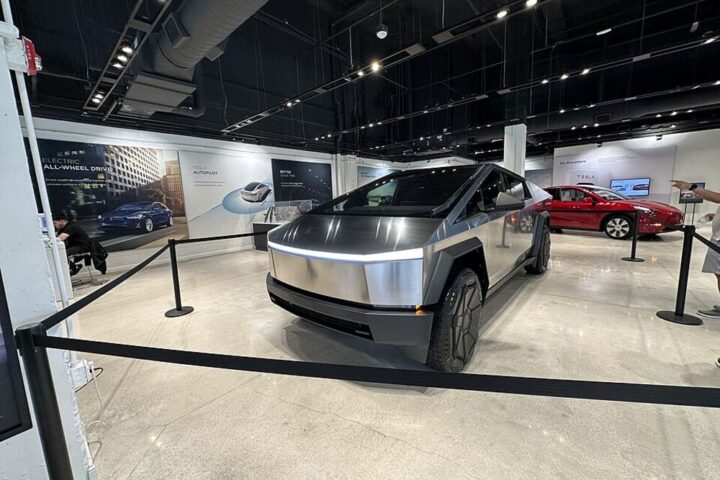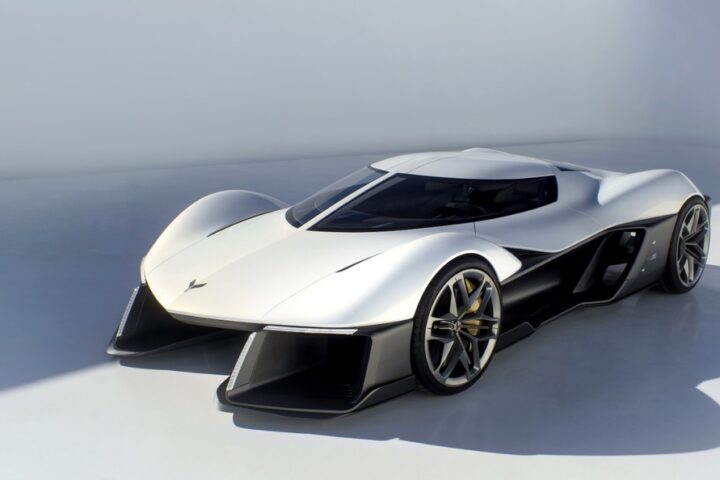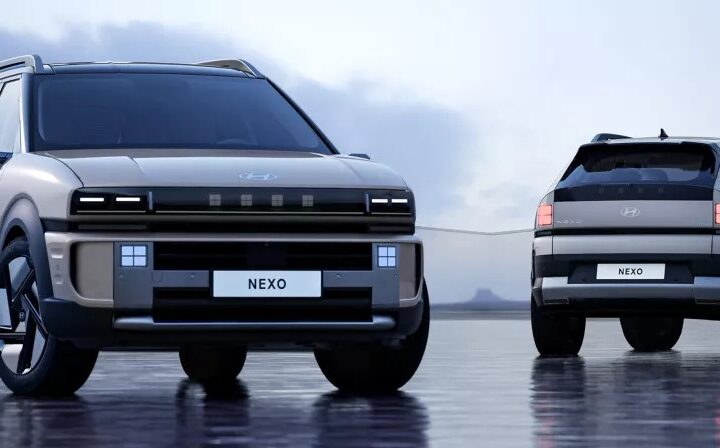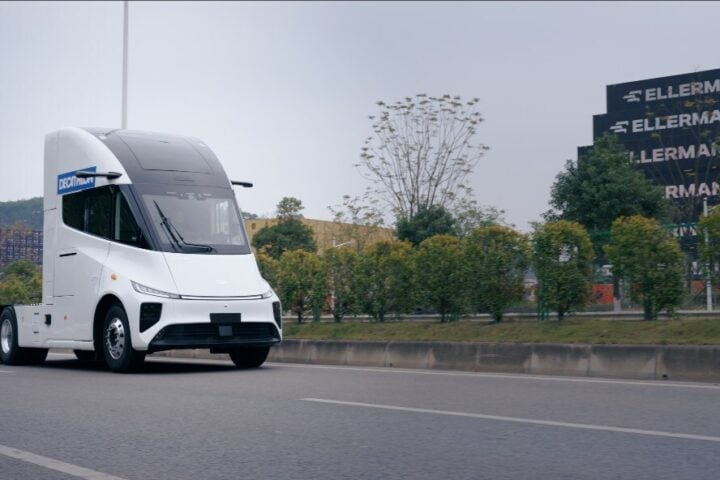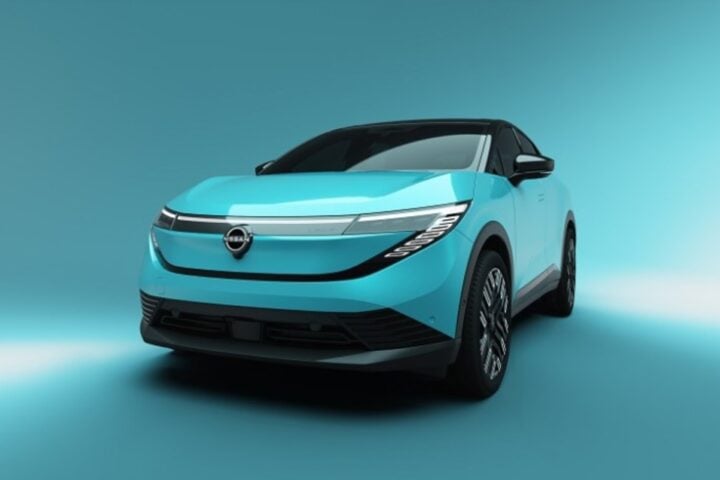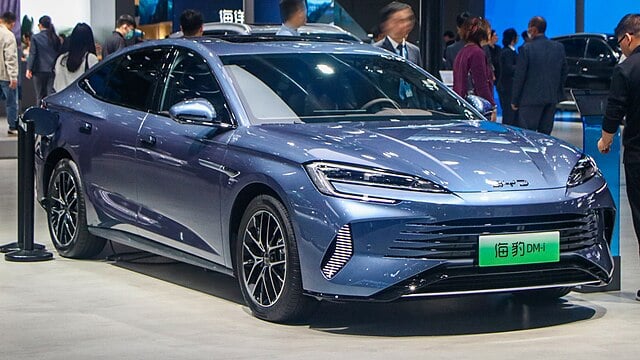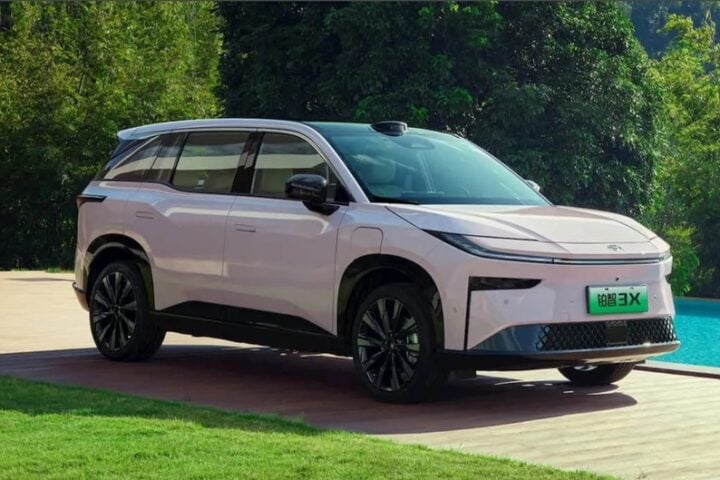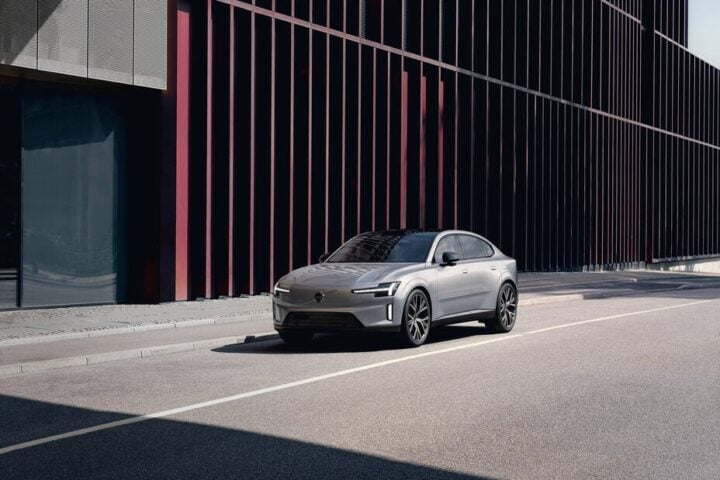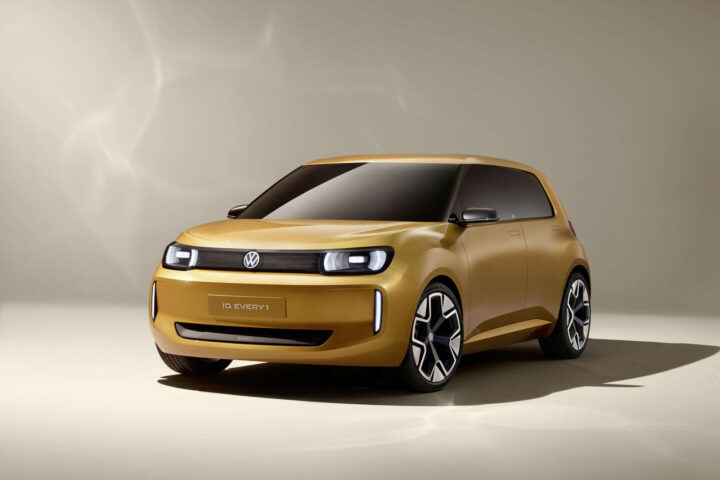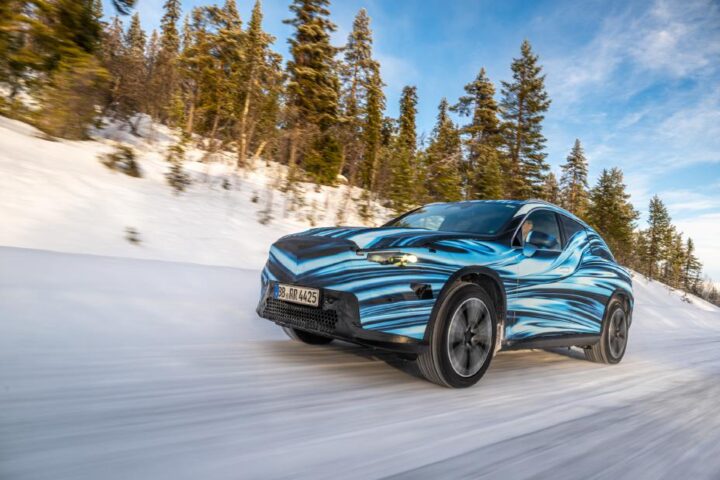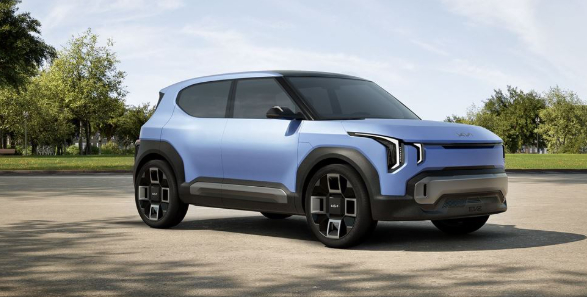When Volkswagen unveils its ID.1 electric car next month, it will tackle a persistent problem in the electric vehicle market – price. Starting at €20,000, this is Volkswagen’s most affordable electric car to date.
“This is the Champions League of automobile manufacturing,” says Volkswagen CEO Thomas Schäfer. While the statement sounds bold, Volkswagen’s track record shows promise. The company has sold 1.35 million electric cars since 2019, with 383,100 sold just last year.
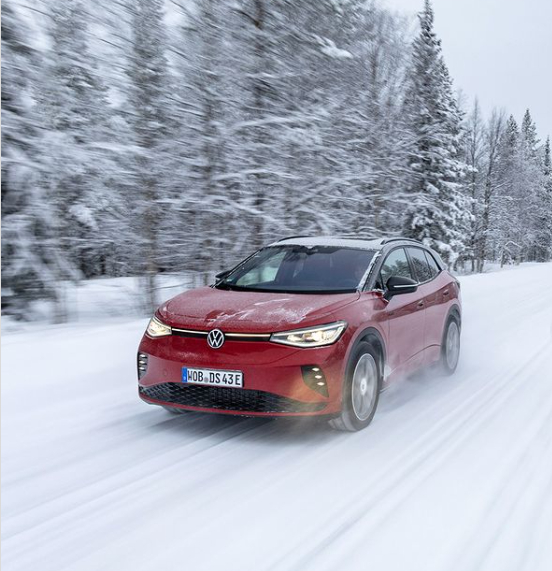
The ID.1’s technical features deserve attention. Its basic battery option of 38 kWh works for city driving, while the larger 58 kWh battery offers 279 miles of range – enough for longer trips. The car’s charging capabilities and home charging setup will be important factors for potential buyers to consider.
Tech development chief Kai Grünitz notes the car “will be close to the UP in size and usage.” The boxy design with rectangular headlamps features 3D LED graphics, prioritizing a modern, practical approach.
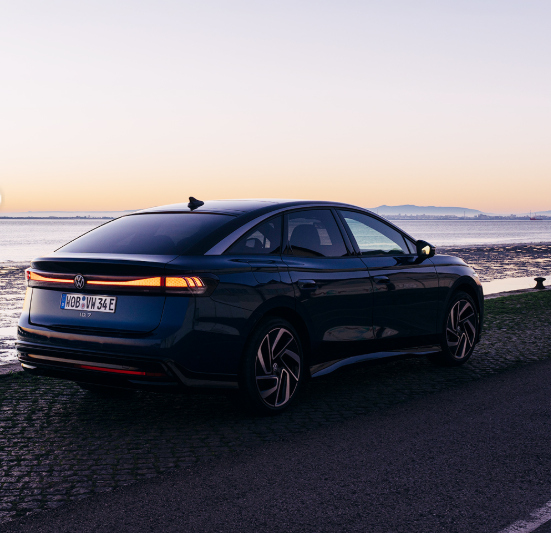
Volkswagen’s broader electric lineup shows careful market positioning. The ID.2, arriving next year at €25,000, offers more space. Its SUV version, the ID.2X, follows in 2026. By 2027, nine new electric models will join Volkswagen’s range.
The company’s modular electric platform (MEB) keeps costs down through shared parts. This engineering approach helps manage production costs while ensuring consistent quality across models. The platform’s design allows for different battery sizes to meet varying needs.
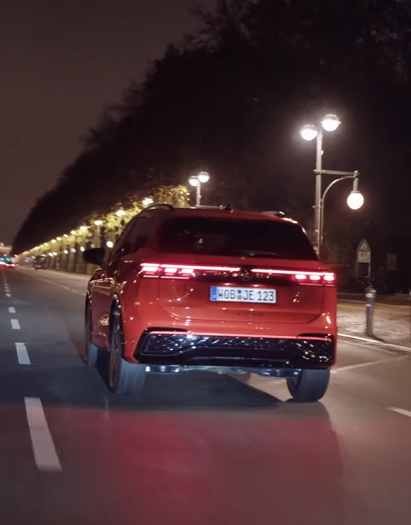
The switch to electric cars does come with considerations. Buyers should research their local charging infrastructure and understand their daily driving needs when choosing between the two battery options.
Volkswagen’s electric car strategy addresses growing interest in sustainable transportation. The ID.1’s price point makes it more accessible to a wider range of buyers, though as with any car purchase, buyers should consider all ownership aspects.
Similar Posts
The company’s India plans show global ambitions. A new electric platform specifically for Indian roads will spawn compact and midsize electric SUVs. This suggests Volkswagen sees affordable electric cars working in various markets, not just Europe.
Recent sales numbers back this strategy. With over 383,100 electric Volkswagens sold last year, more drivers are choosing electric options. The ID.1’s practical range could appeal to those considering their first electric vehicle.

The shift to more affordable electric cars brings potential benefits for urban environments. As battery technology continues to develop, manufacturers like Volkswagen can offer more options at different price points.
Volkswagen’s affordable electric strategy marks a significant shift in the car market. The ID.1 brings electric cars to a new price point, which could influence wider adoption. As transportation needs evolve, this timing aligns with changing market demands.
